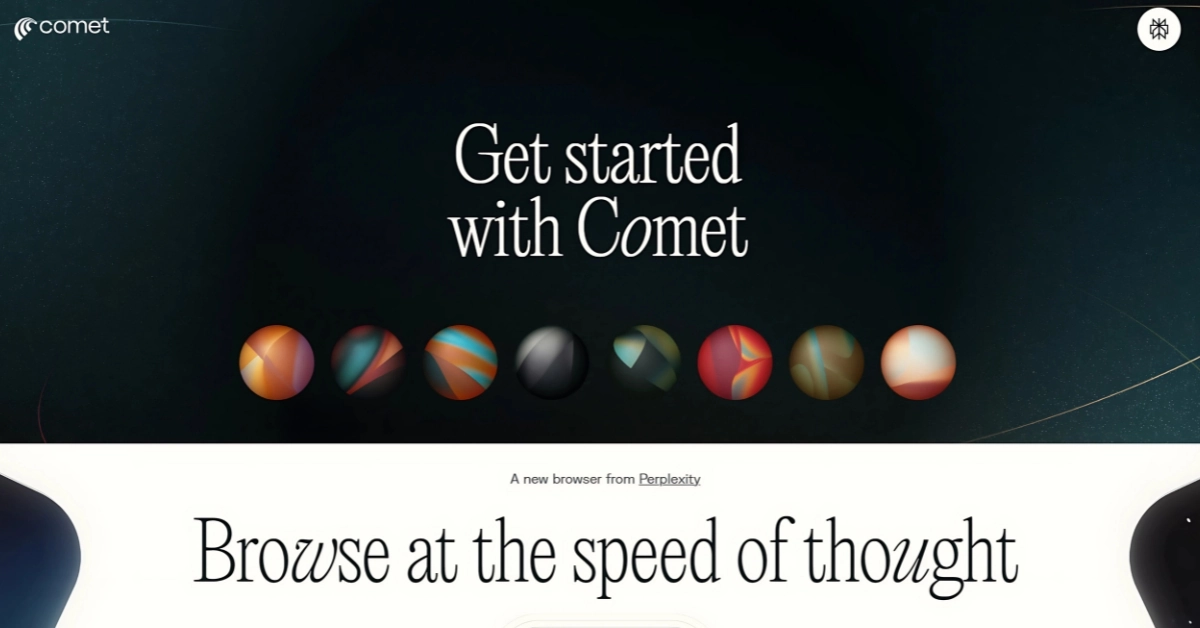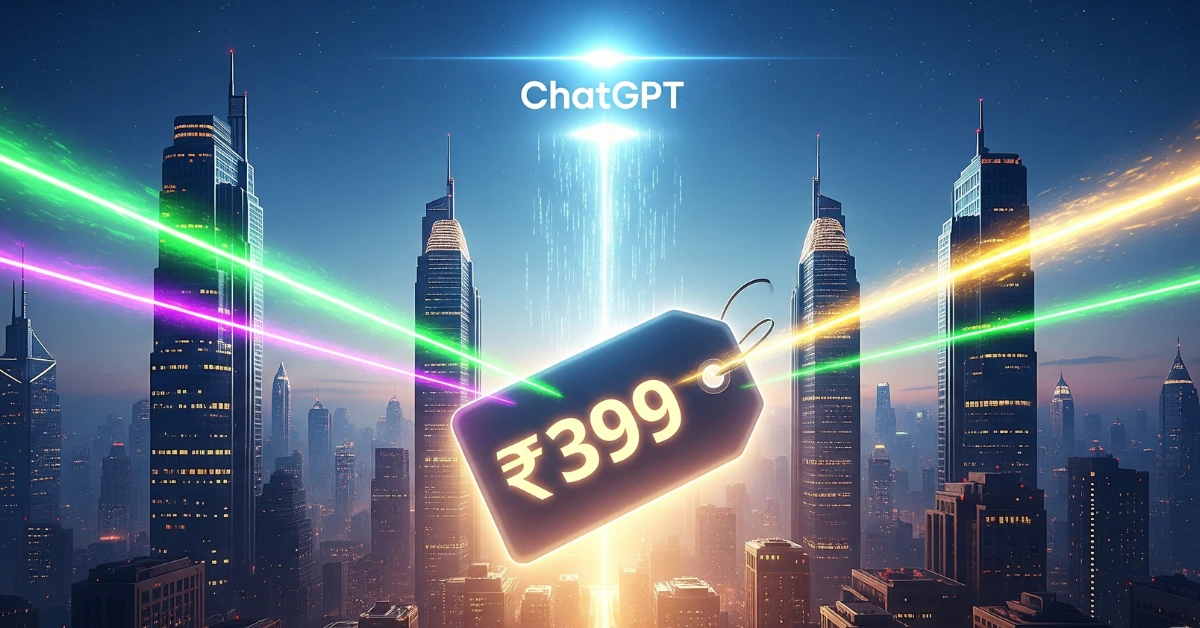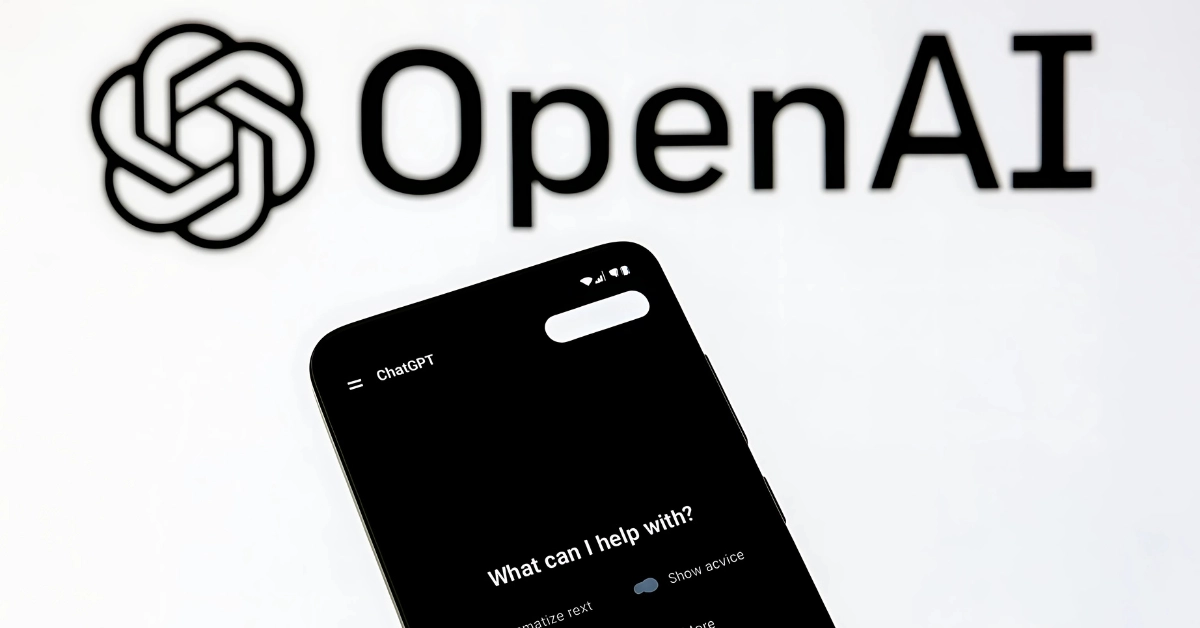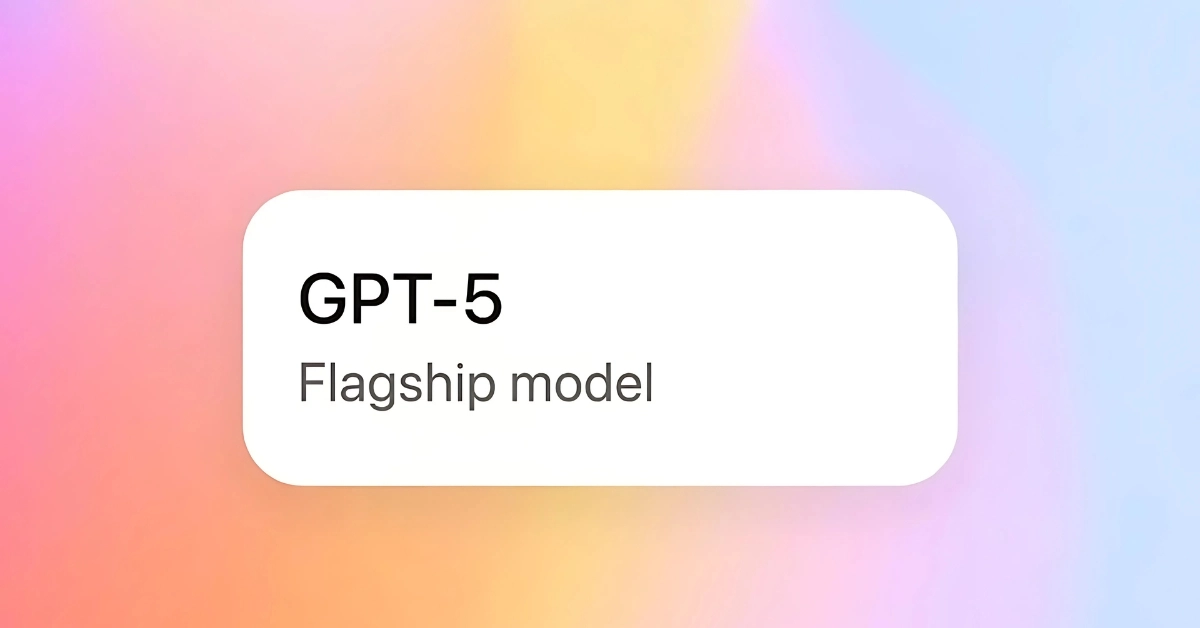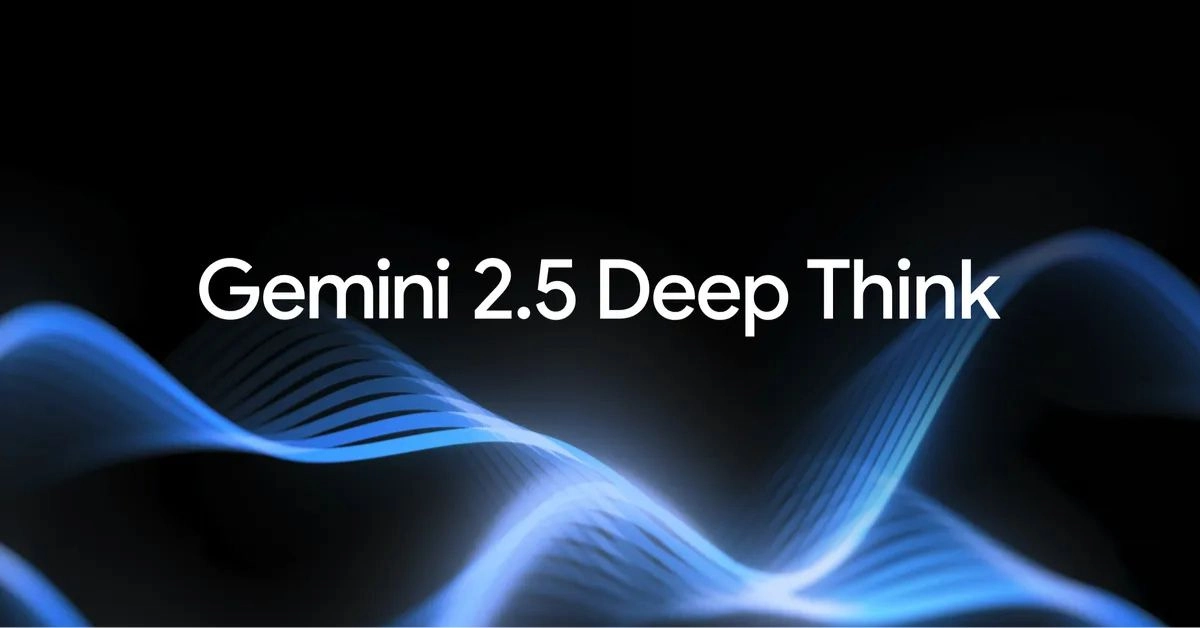Written by Mohit Singhania | Updated: July 10, 2025 | TechMasala.in
There’s a new browser on the block, and it doesn’t just want your clicks. It wants to do the thinking for you. Perplexity’s latest launch, Comet, steps boldly into the AI browser race with a promise that’s hard to ignore. It combines intelligent search, agentic actions, and productivity shortcuts inside a single interface built for creators, researchers, and professionals who live online. Comet doesn’t feel like a rebrand of Chrome or Safari. It feels like a reimagining of what a browser can actually do.
Why Comet Isn’t Just Another AI Browser
Comet isn’t just a skin over Perplexity’s search engine. It’s a full-scale browser designed from the ground up to handle work, not just browsing. With built-in automation, real-time task execution, and an AI assistant always within reach, Comet marks the arrival of what Perplexity calls agentic browsing. The assistant inside doesn’t just suggest answers. It performs actions.
Need a webpage summarized? Comet can do that instantly. Want to fill out a form, draft an email, or even buy a product online? Comet understands your intent and acts on it. It’s less like a browser with AI features and more like an AI that happens to browse the web.
Perplexity says this isn’t about adding AI to browsing. It’s about turning the browser into a full-fledged partner in your workflow, a co-pilot that reads, writes, clicks, and responds alongside you.
Why Comet Isn’t Available to Everyone (Yet)
Comet isn’t something you can download like Chrome or Firefox. Access is currently restricted to users on Perplexity Max, the company’s premium tier priced at $200 per month, which is roughly ₹16,500. That pricing places it firmly in the realm of professional-grade tools, not mass-market utilities.
This strategy makes it clear who Comet is really for. Think developers running multiple web apps, founders juggling pitch decks and data, or researchers parsing 50-page PDFs every morning. For these users, Comet isn’t just a browser. It’s a productivity layer that merges search, action, and automation in one interface.
Perplexity Max also comes with perks like faster AI responses, higher usage caps, and access to experimental features. In that context, Comet becomes more than software. It becomes an edge, one that’s only being offered to users who are already working at the bleeding edge of browser-based productivity.
Comet’s AI Assistant Isn’t Just Smart, It Acts on Your Behalf
Inside Comet, the AI assistant doesn’t just suggest. It executes. You can ask it to summarize complex legal documents, schedule events from a support chat, or even navigate through web apps on your behalf. Everything happens within the browser window, powered by natural language input.
This is what sets Comet apart. It shifts the role of the browser from “passive viewer” to “active agent.” It can handle entire workflows that used to require five tabs, three extensions, and constant clicking. Now, one assistant with the right prompt can do it all.
But with power comes complexity. Delegating actions like purchasing or emailing to a browser means putting your trust in its understanding of your intent. Agentic systems like Comet introduce a new kind of responsibility, not just to automate, but to automate intelligently and transparently.
That’s why these features remain locked behind the Perplexity Max tier. At ₹16,500/month, the barrier to entry is high, but the intent is clear — this browser is built for professionals who treat their browser as a daily operating system.
How Comet Compares to Chrome, Arc, and Other AI Browsers Fighting for the Future
We’re watching three very different AI browser philosophies play out.
Google is gradually adding Gemini to Chrome. You might notice it in smarter search suggestions, improved tab management, or voice-driven input, but nothing disruptive. Chrome’s approach is evolutionary. It aims to enhance the familiar, not reinvent it.
Then there’s Arc from The Browser Company. Known for its sleek design and creative-first features, Arc recently announced Dia, an AI-native successor built around memory, sessions, and intelligent navigation. Arc is betting on design-driven reinvention with a focus on human-centered UX.
Perplexity’s Comet takes a third path. It’s not trying to fit into traditional patterns. It wants to replace them. With agentic AI woven directly into its interface, Comet can take actions, not just surface results. Whether it’s buying products, navigating documents, or replying to threads, it works like a digital operator, not just a helper.
This isn’t just a war of interfaces. It’s a clash of ideologies. Chrome believes in small upgrades. Arc focuses on creative flow. Comet believes the future lies in turning the browser into your virtual teammate.
Who Is Comet Really Built For?
Comet isn’t built for the everyday internet user checking email or scrolling social media. It’s designed for professionals whose entire workday happens inside a browser tab. Whether you’re drafting research papers, writing product copy, conducting audits, or running competitor analysis, Comet is designed to save you time by automating the grind.
The ₹16,500/month Perplexity Max plan makes sense in that context. For researchers who spend hours summarizing dense material, or for teams coordinating projects and tools across dozens of tabs, Comet isn’t a luxury. It’s a workflow upgrade. AI becomes the muscle behind every click.
This tool isn’t solving problems for casual browsing. It’s solving the pain of high-stakes digital multitasking. That’s why its early adopters are startup founders, product leads, writers, and technical analysts who already rely on AI. Comet just gives them a centralized place to use it.
Final Thoughts: Comet Is a Glimpse of How We’ll Use the Internet Tomorrow
Comet doesn’t want to be the next Chrome. It wants to be the first browser that thinks like you, moves like you, and gets things done while you focus on bigger decisions. Right now, it’s early, premium, and experimental. But make no mistake, this is where browsers are headed.
Soon, we’ll expect our browsers to summarize, automate, and collaborate. The shift has already begun. Comet just made it visible.
Not everyone will need this browser today. But the blueprint it’s laying down could influence how we all interact with the internet tomorrow. Browsers are no longer just portals. They’re evolving into intelligent partners. Comet is simply first to raise its hand.

